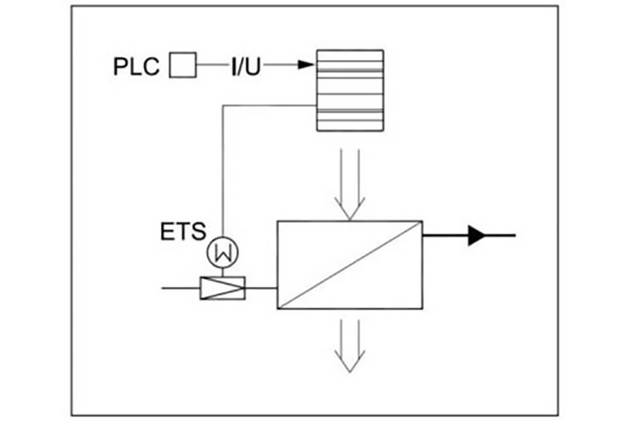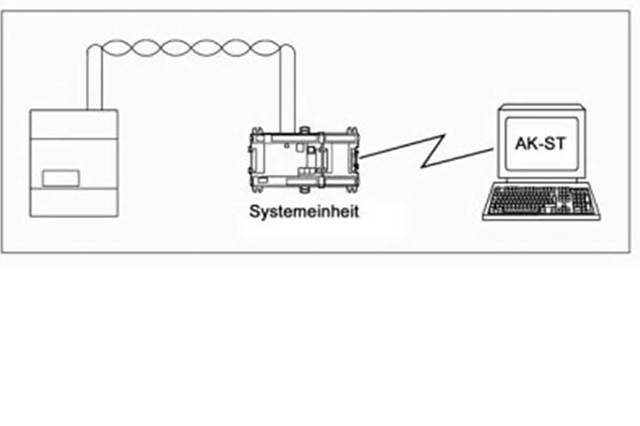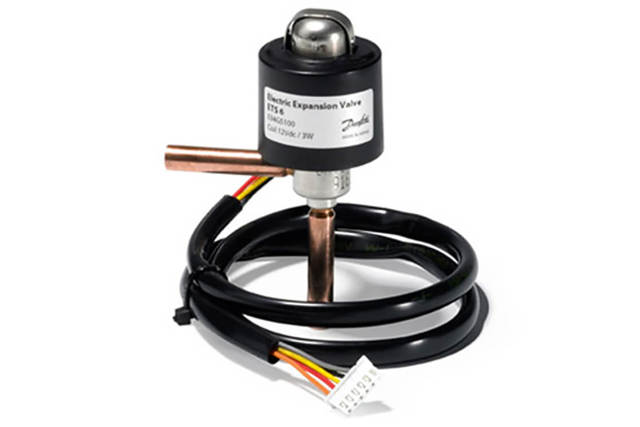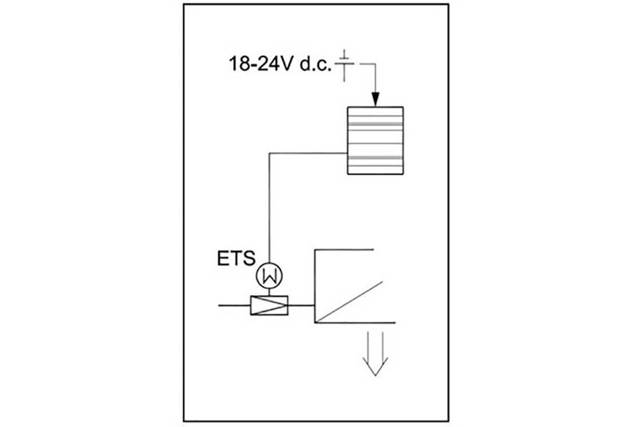Manufacturers and owners of heat pumps are always concerned both to maintain an optimum evaporator charge, even at highly fluctuating ambient temperatures, and to increase energy efficiency by keeping evaporation temperatures as high as possible, but with the usual thermostatic expansion valves, it is often not possible to give these requirements the attention they deserve. Electronic expansion valves, however, are ideal for this purpose.
Low super-heat – Higher evaporation pressures – Increased COP
The advantages of electronic super-heating control are obvious. The evaporator is always optimally filled with refrigerant. The amount of refrigerant to be injected can be dosed precisely even under conditions of extreme temperature fluctuation (i.e. for a wide range of ambient temperatures). This is achieved by continually passing the current value of the super-heat in the evaporator via a pressure transducer (marked "P" in the diagram) and a sensitive temperature sensor ("S2") to the "EKD 316" control unit for heat pump manufacturers, thus enabling it to take appropriate measures to achieve optimally low super-heating. This adaptive control of the refrigerant injection ensures optimum use of the evaporator and hence the highest evaporation pressures that can be realized in the particular system, thus improving the COP and using energy more efficiently.




